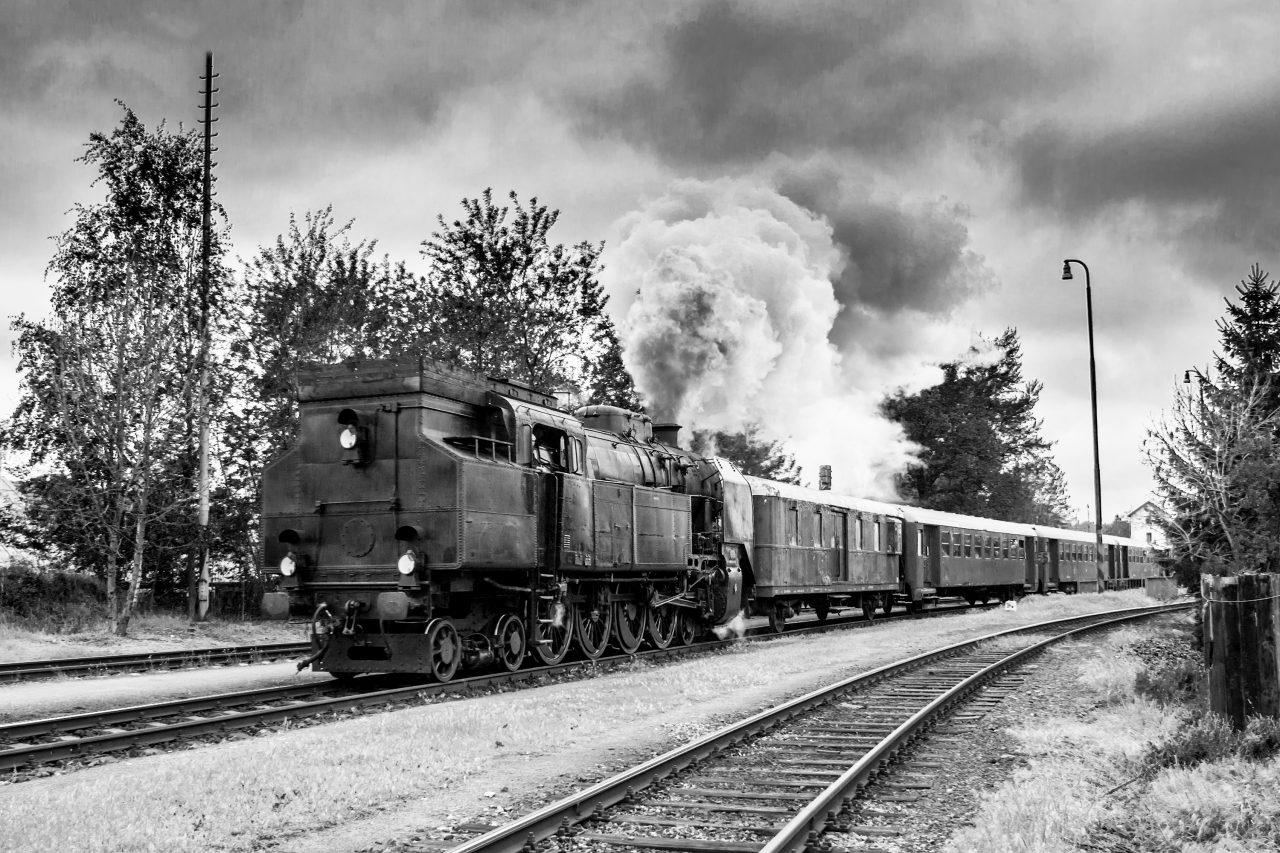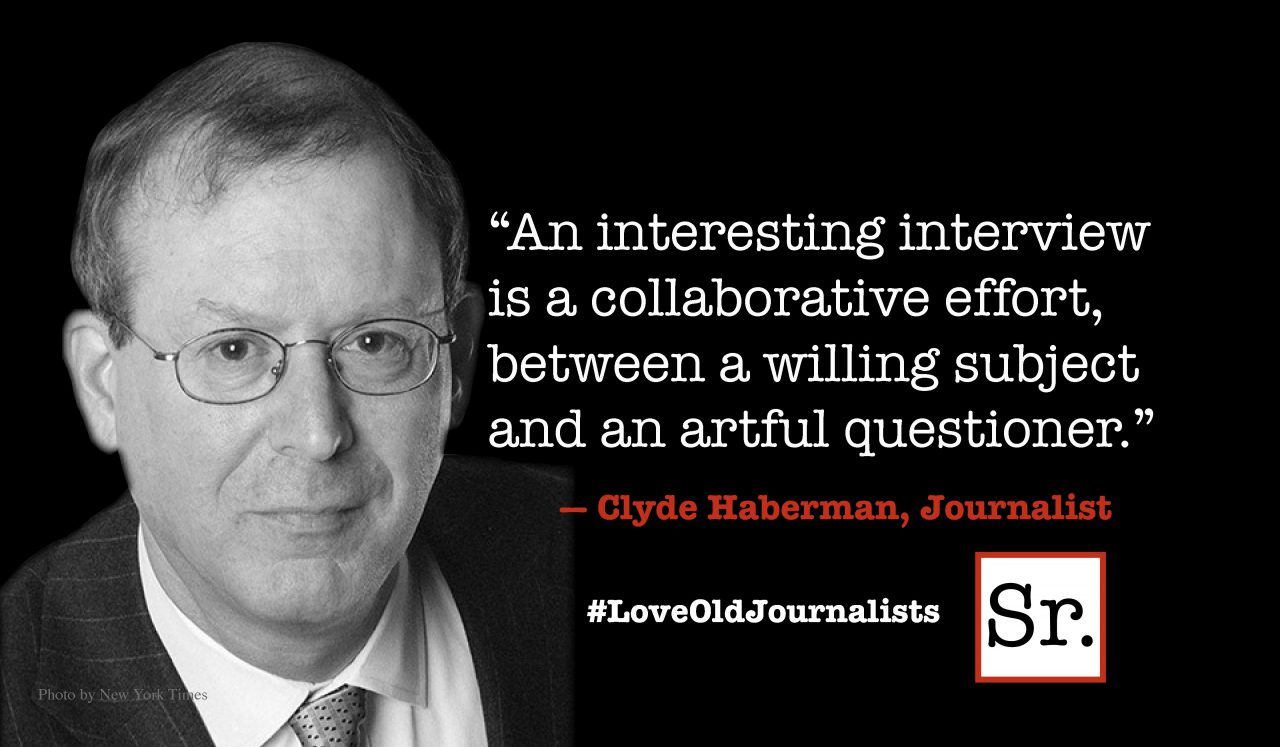Once there was a time when Mexico was not synonymous with the dark specters of "walls," illicit drug trade and threats of mass deportation of undocumented workers. That was the time when my family looked forward to delightful summers traveling throughout the country, riding the rails on the ferrocarril.
It's no stretch to call Tucson a border town. God knows what the highway is like now, but in the 1930s, '40s and early '50s it was a quick run to Nogales, Arizona, which was joined at the hip to Nogales, Mexico. We made that trip when mother wanted to replenish the perfumery on her vanity table or dad's beloved Cuban cigar supply was low. Antonio and Cleopatra cigars with the lovely paper rings, he always left on our nightstands. It was our ritual: he left for his store at 5 a.m. after kissing us half-awake. In the morning there were the paper rings. My sister was never fond of ephemera so the rings were mine alone. Kept of course in one of the A&C cigar boxes with the small, perfect hardware: a catch to hold the lid tight and hinges that were decorative and sturdy.
The trips to the interior of Mexico were always by train. One never "caught" the train as it would never leave without you. We would spend several hours over leisurely lunches in the cantinas of Nogales, Arizona, waiting for the crew to finish their noon meals and siestas. The whistle would eventually warn us and a young boy would offer to load our luggage.
We had a car to ourselves and thus ample space for Mother's hatboxes. She never traveled sans chapeaux having been told once by a milliner that she had a "hat head" and should always wear one. It saddened her that neither my sister nor I were thus blessed. Our stash of bottled water, then in lovely etched glass containers, was stacked at the end of the car and we knew that under no circumstances were we to drink that which flowed from the tap. The bathroom sinks were lovely hammered copper and one night when brushing her teeth my sister forgot the bottled water rule and swallowed some water. We decided we would split a glass of it and face oblivion together. Nothing happened. We'd been spared for greater things.
The train stopped frequently to take on fresh eggs, fruit, vegetables and more for the passengers' meals. My father, fluent in Spanish, enjoyed engaging with the farmers and crew. Once when the stop was overly long and without a vendor in sight, dad got off and walked to the engine to see what was holding us up. There was a cow on the tracks and the farmer who owned it had to be fetched. When he finished telling us about it he added, "Oh, the engineer just turned 16!"
In Mexico City, we would stay at the Posada del Sol on the Paseo de la Reforma. It was conveniently located near a Sanborn's Restaurant which had our parents' seal of hygienic approval. There were frequent citywide power outages and once, as we sat in the hotel lobby, the manager told us there would be no elevator service for several hours. "But we're on the 12th floor," mother gasped. "Ah, madam, we have the stairs," he assured her.
The variety of street vendors seemed endless. Gardenias to put in our hair, baskets of Chihuahua puppies. I would explain in Spanish that I would love one but that I was on a train. I'm sure they thought I was just another crazy tourist. Oysters were devoured elegantly on the sidewalk by over-indulgers as a cure for their hangovers.
We took trips to pyramids, bought fake artifacts and sailed on Lake Xochimilco where the wild dogs of Mexico City strolled the banks waiting for the toss of the remainder of a tourist's meal.
Serendipitously, Dennis Day, the Irish tenor heartthrob of the Jack Benny show was staying at the Posada. He said he was on his last bachelor fling before his impending marriage and asked if he could join us on our side trips. He was a delightful natural mimic who, though he spoke no Spanish, had concocted a hybrid language he would spring on merchants. My father bailed him out of several potentially catastrophic transactions.
A highlight for me was watching Diego Rivera painting a mural on a civic building. The hotel manager asked if I would like to observe this charismatic artist and I leapt at the chance. I watched the great muralist in rapt silence. During a break, Rivera asked me if I'd seen his work in the United States. I told him I'd seen a reproduction of the "politically incorrect" mural he'd done at Radio City Music Hall which had been removed. "Ah," he sighed, "Americans do not like to look at themselves in the mirror of truth."
The farthest south we went by train was Puebla with its great cathedral and talavera tiles. Mexico now has a bus system that accommodates its citizens and tourists brilliantly. The wooden trains with teenage engineers are no doubt here and there between towns. It never occurred to my sister or me that we were riding an anachronistic mode of travel. We were young, and damn, it was fun!









